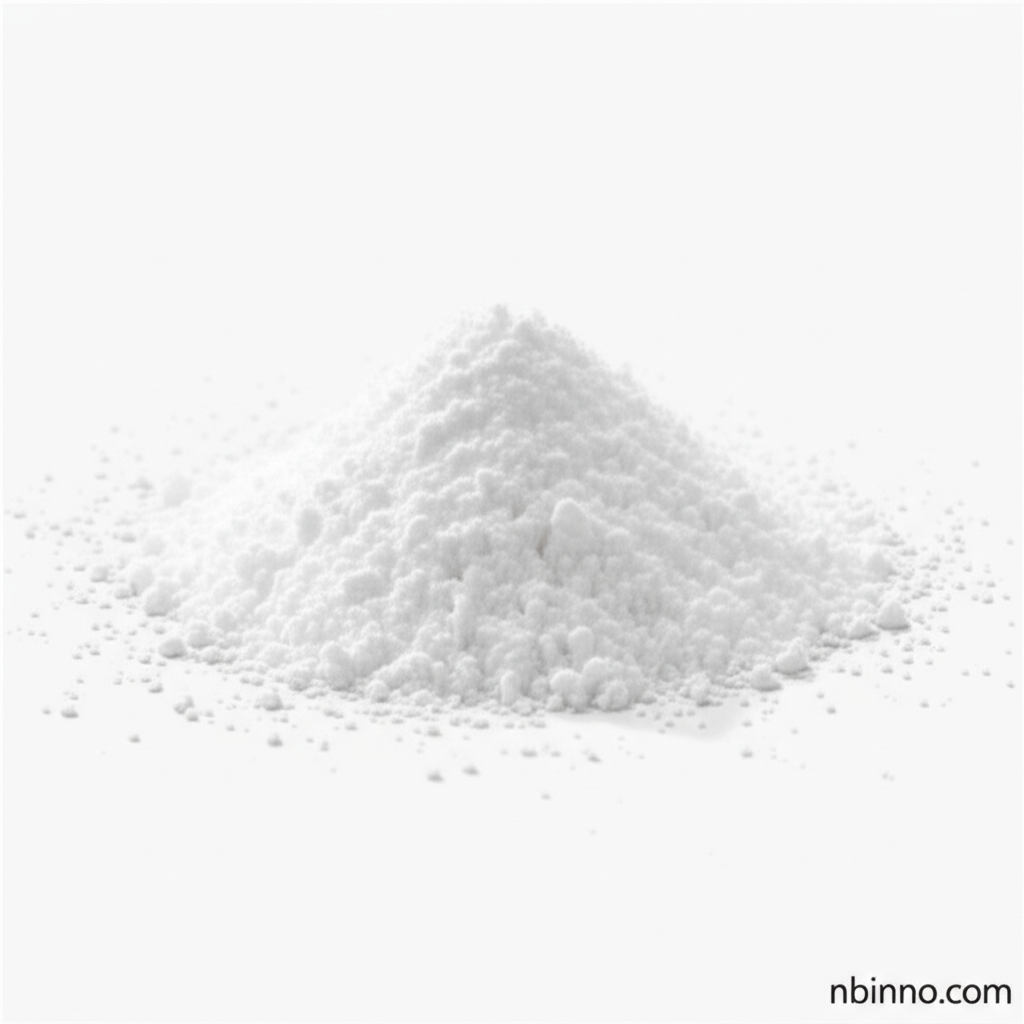2-Methacryloyloxyethyl Phosphorylcholine: Enhancing Biocompatibility and Brain Delivery of Therapeutics
Discover how site-oriented conjugation of MPC polymers offers a breakthrough in delivering therapeutic antibodies to the brain, preserving their efficacy and paving the way for advanced treatments.
Get a Quote & SampleProduct Core Value

2-Methacryloyloxyethyl Phosphorylcholine
As a leading supplier in China, we offer 2-Methacryloyloxyethyl Phosphorylcholine (MPC), a versatile biocompatible polymer monomer. Its unique zwitterionic phosphorylcholine headgroup, inspired by cell membranes, is key to its ability to prevent nonspecific protein adsorption and enhance material biocompatibility. This advanced material is crucial for developing next-generation biodevices and therapeutics. Our commitment as a manufacturer in China ensures high-quality MPC polymers for your innovative applications.
- Site-oriented conjugation of MPC to antibodies offers a novel strategy to improve antibody brain delivery, significantly enhancing therapeutic efficacy for neurological disorders.
- Enhancing brain delivery of antibodies is a critical challenge in treating central nervous system diseases; MPC-conjugated antibodies demonstrate significantly improved penetration across the blood-brain barrier.
- Biocompatible polymers for drug delivery like MPC are essential for creating safe and effective therapeutic systems, minimizing adverse reactions and maximizing therapeutic outcomes.
- MPC polymer for therapeutic applications extends beyond antibodies to various therapeutic proteins, offering broad potential in drug formulation and delivery.
Advantages Provided by the Product
Enhanced Biocompatibility
MPC polymers are renowned for their exceptional biocompatibility, minimizing rejection and adverse reactions when used in medical devices and drug delivery systems, which is crucial for long-term patient safety.
Improved Therapeutic Efficacy
By facilitating targeted delivery, especially across the blood-brain barrier, MPC conjugation can significantly boost the efficacy of therapeutic agents, leading to better patient outcomes.
Preserved Biofunctionality
Unlike some other encapsulation methods, site-oriented MPC conjugation effectively preserves the crucial biological functions and binding affinities of therapeutic molecules, such as antibodies.
Key Applications
Therapeutic Antibody Delivery
MPC polymers are instrumental in developing antibody delivery systems that can effectively cross the blood-brain barrier, targeting neurological diseases like brain tumors or neurodegenerative conditions.
Biodevices
The antifouling properties of MPC polymers make them ideal for coating medical implants and biosensors, preventing nonspecific protein adsorption and ensuring device longevity and accuracy.
Biomaterials
MPC-based materials offer excellent blood compatibility and tissue compatibility, making them suitable for a wide range of biomedical applications where minimizing inflammatory responses is critical.
Drug Delivery Systems
MPC polymers serve as advanced carriers for various drug molecules, improving their solubility, stability, and targeted delivery, thereby enhancing therapeutic outcomes.
